Tension springs, also known as extension springs, are helical wound coils that are wrapped together and operate with tension. Tension springs have hooks or loops that are attached to both ends. These hooks help in attachment to other components. Read More…
Coiling Technologies, Inc. has the experience and expertise to design and engineer the custom springs to meet your specific requirements. We are a leading manufacturer of high-tech, specialized springs and we are committed to providing quality products with fast lead times. Our automated process allows us to produce the reliable springs you need.
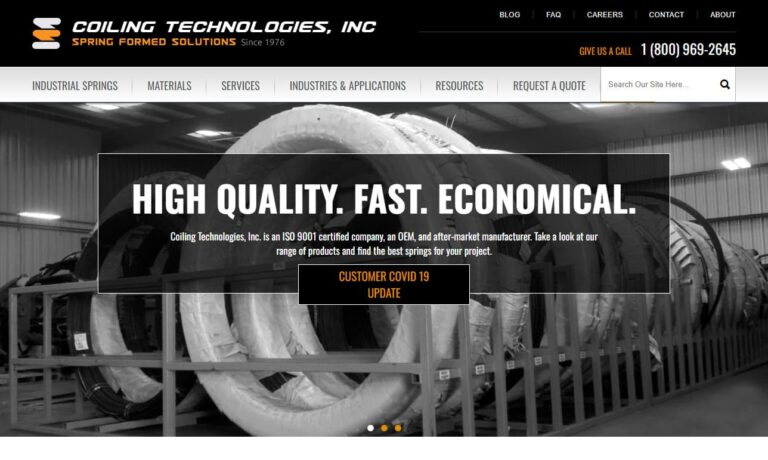
At Stalder Spring Works, we specialize in designing and manufacturing high-quality springs tailored to meet the diverse needs of our customers. With decades of experience, we have built a reputation for precision, durability, and reliability in every spring we produce. Our expertise covers a wide range of industries, ensuring that whether our customers require compression, extension, torsion, or...

At Sterling Springs LLC, we specialize in manufacturing a wide variety of high-quality springs for various industries and applications. Our product line includes compression springs, coil springs, torsion springs, extension springs, and industrial springs. We take pride in our capabilities to produce springs in a wide range of sizes and shapes, from tiny springs for delicate medical devices to...
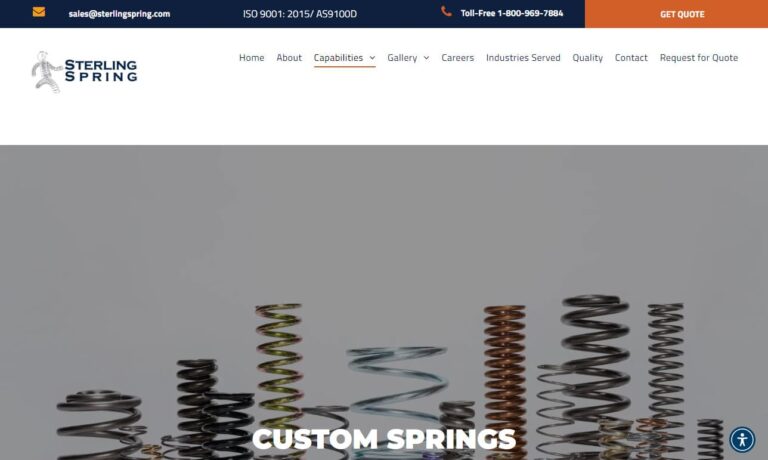
We offer years of combined experience and also provide production control, purchasing, and sales. We encourage creativity and empower both employees and customers. Our one-of-a-kind company provides many benefits for all our springs customers.
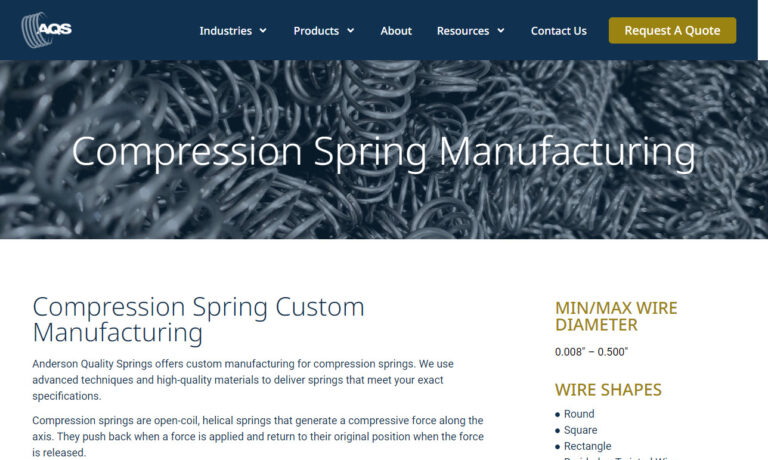
At C&F Wire Products, we dedicate ourselves to the precision design and manufacturing of springs that serve a wide range of industries and applications. With decades of experience, we have built our reputation on consistency, quality, and the ability to deliver solutions that meet the unique needs of our customers.
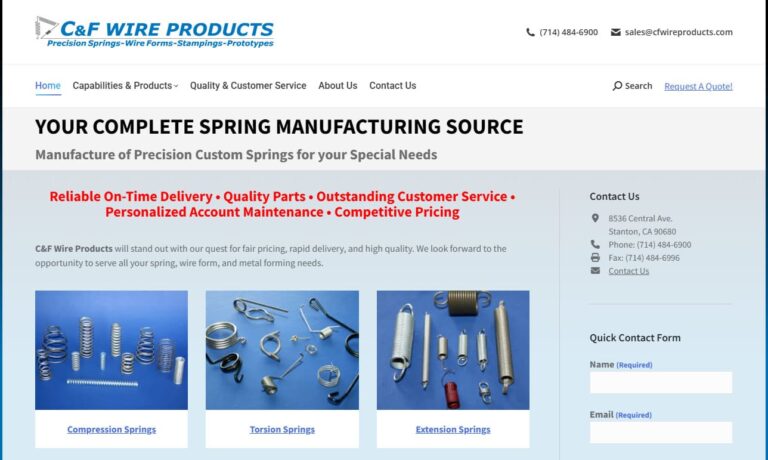
At Master Spring & Wire Form, we take pride in being a trusted manufacturer of precision springs and custom wire forms. We specialize in producing high-quality compression, extension, and torsion springs that serve a wide range of industries, from automotive and medical to electronics and industrial equipment.
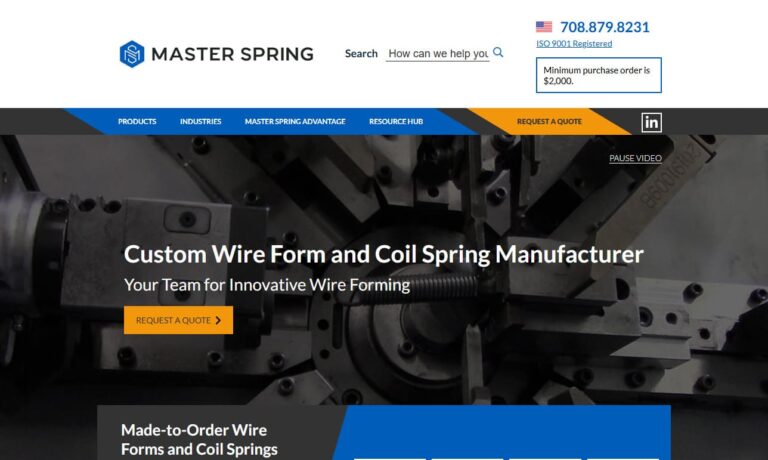
Action Spring has the experience and the expertise to manufacture dependable springs and wire forms for your application. Industries served include aerospace, electronics, recreational, and more. We can manufacture a variety of springs ranging in sizes from .003 to .500., and are able to produce almost any shape and size that a customer may need.
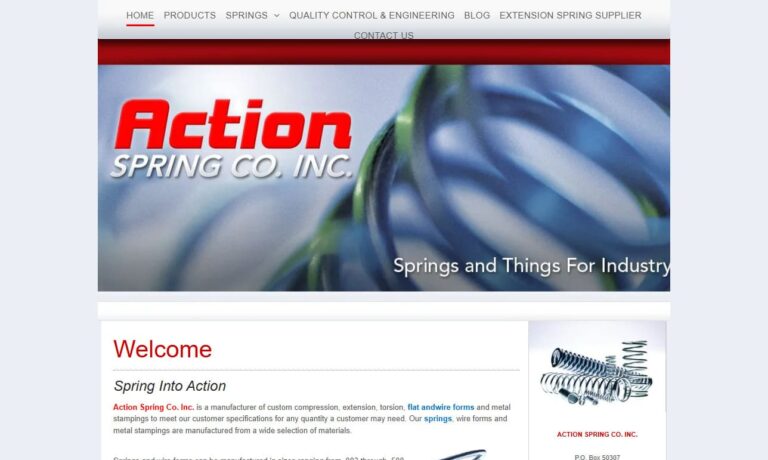
More Tension Spring Manufacturers
When the tension spring is at rest, it's in its compressed form, but when an external force is applied, it is extended. This extension is resisted by the tension force created in the spring, which pulls back to the original position. The tension of the spring is determined by the load applied to it. The outside diameter, coiling, and wire diameter of the spring determine its tension.

How Tension Springs are Made
Tension springs are mostly made of metal, and their type depends on the amount of stress it is exposed to and other environmental conditions. The materials that are mostly used are:
- Copper Alloys
- Stainless Steel
- Spring Steel
- Titanium Alloys
- Low Alloy Steel
- Cold Rolled Steel
The manufacturing process of tension springs is done with highly-advanced hot and cold coiling procedures. The wire is bent, heat-treated, and finally finished or coated to protect the spring from corrosion or humidity. Tension coiling machines manufacture springs of dimensions between 0.004 to 1 inch (0.1 to 26mm).
Characteristics of Tension Springs
- Tension springs stretch and create a load.
- Tension springs have a little gap between the adjacent coils, and the load is applied along its axis.
- Tension springs are durable and designed with great precision.
- These springs have dimensional stability and high tensile strength.
Working of Tension Springs
A tension spring is a helical spring with tightly wound coils. These springs operate under applied tension. When the spring is at rest, no load is attached to its ends; the coils touch each other and are in a compressed shape. When an external force is applied, the spring stretches to a specific length. This means the components attached to spring ends pull them apart, causing tension in the spring. This makes the spring come back to its original position.
Lifespan of a Tension Spring
The lifespan of a tension spring depends on the following factors:
- Frequency of use
- Spring application
- Material of the spring
- The environment of the spring
- Amount of the stress that is applie
The lifespan of tension springs is mainly determined by environmental factors. Exposure to sunlight, chemicals, corrosive agents, and water affects the integrity of the metal. Continuous load exposure also causes metal fatigue in the springs, which causes microcracks in its structure.
Types of Tension Springs
Many types of tension springs depend on the type of hooks or loops attached to their ends. These loops differ from one another and depend on the application type. Some of these types are as follows:
Machine Hooks
Machine hooks are the most commonly used ones. It is the strongest of all the hooks because the bend radius is not pronounced. Bending ¾ of the coil can make machine hooks.
Cross-over Center Hooks
Cross-over center hooks are the second most commonly used hooks. The bent radius for these types of hooks is pronounced. These hooks are made by lifting the last coil and twisting it in the middle.
Side Hooks
Side hooks are ideal to use when body interference is not required during the mechanism. As the name suggests, the hook is on one side of the spring. These hooks are made by bending the last coil and are more economical than other types.
Extended Hooks
These hooks are the same as used in side hooks. These are useful when there needs to be a long length inside the hooks but a shorter body. The extended hooks are the most expensive type of hooks.
No Hooks
Tension springs with no hooks are the most economical ones. These are good to use as they are stress-free, and they have no trace of fatigue at the ends due to the non-presence of the hooks. Springs with no hooks have an increased pulling force and a higher lifespan for the spring.

Applications of Tension Springs
Tension springs are widely used in our daily life and industries. Some of their applications are:
- Trampolines
- Garage doors
- Toys
- Pliers
- Gardening equipment
- Weapons
- Carburetors
- Exercise equipment
- Fence gates
- Baby carriages

Choosing the Proper Tension Springs Manufacturer
To make sure you have the most positive outcome when purchasing tension springs from a tension spring manufacturer, it is important to compare at least 4 to 5 companies using our list of tension spring manufacturers. Each tension springs manufacturer has a business profile page that highlights their areas of experience and capabilities and a contact form to directly communicate with the manufacturer for more information or request a quote. Review each tension spring company website using our proprietary website previewer to get an idea of what each business specializes in, and then use our simple RFQ form to contact multiple tension spring companies with the same quote.


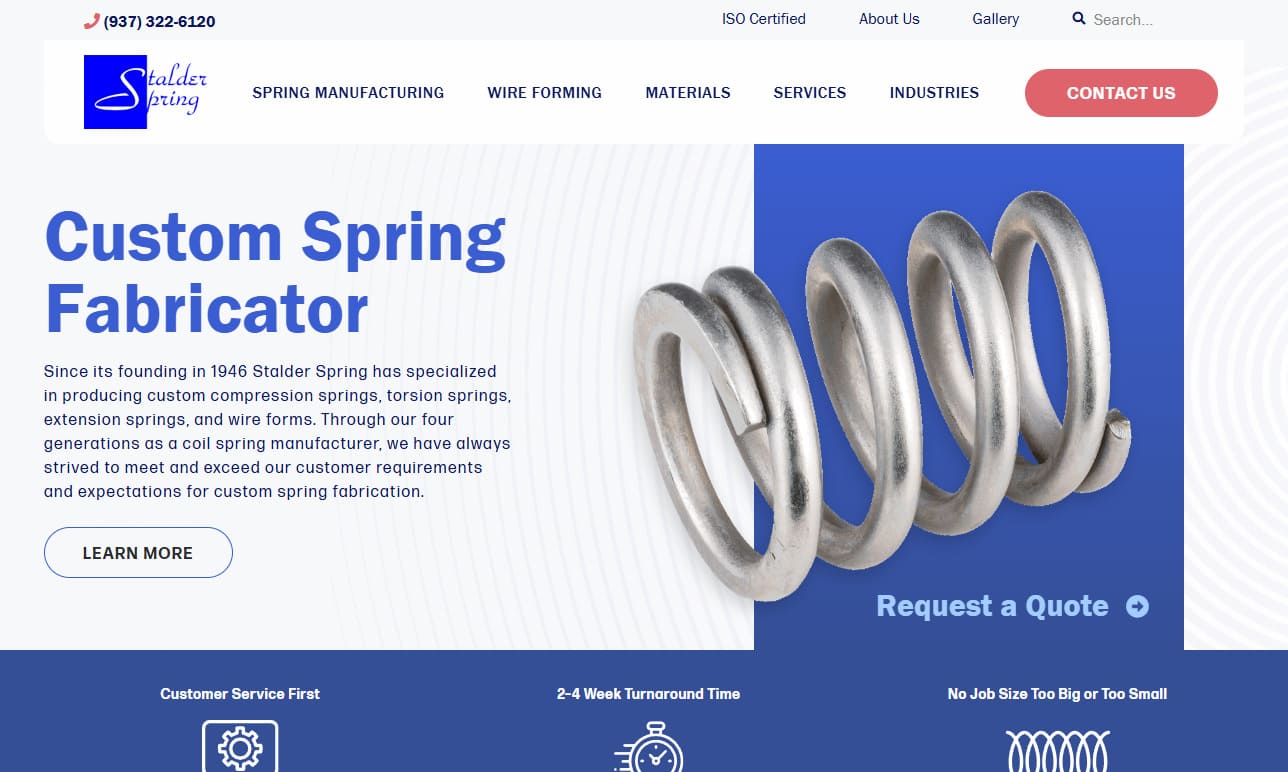
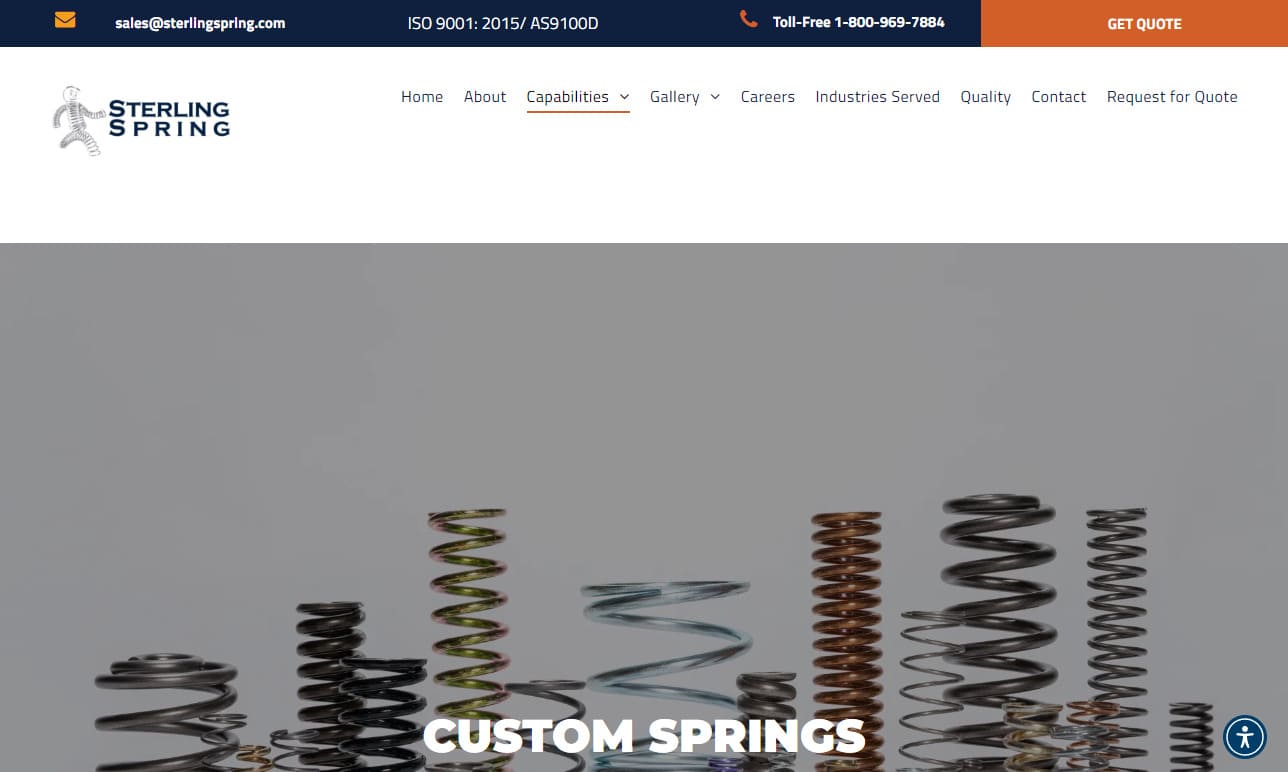

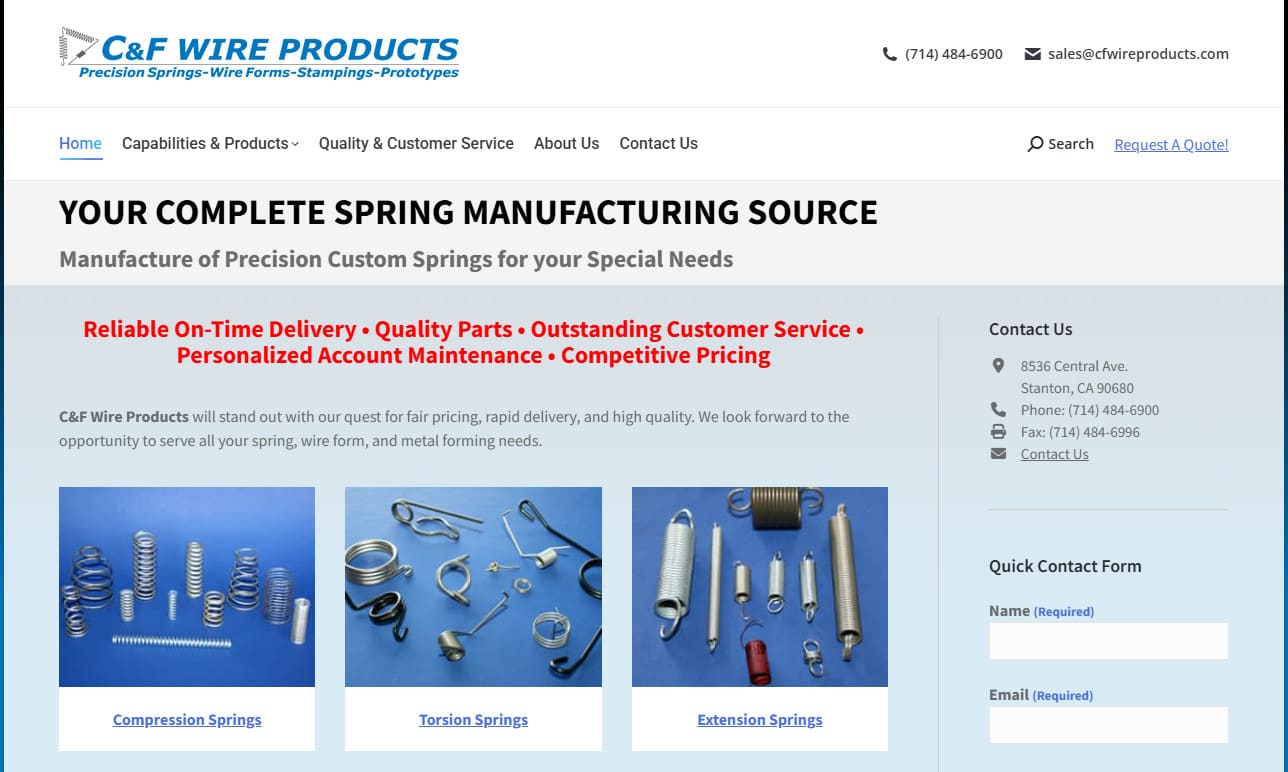
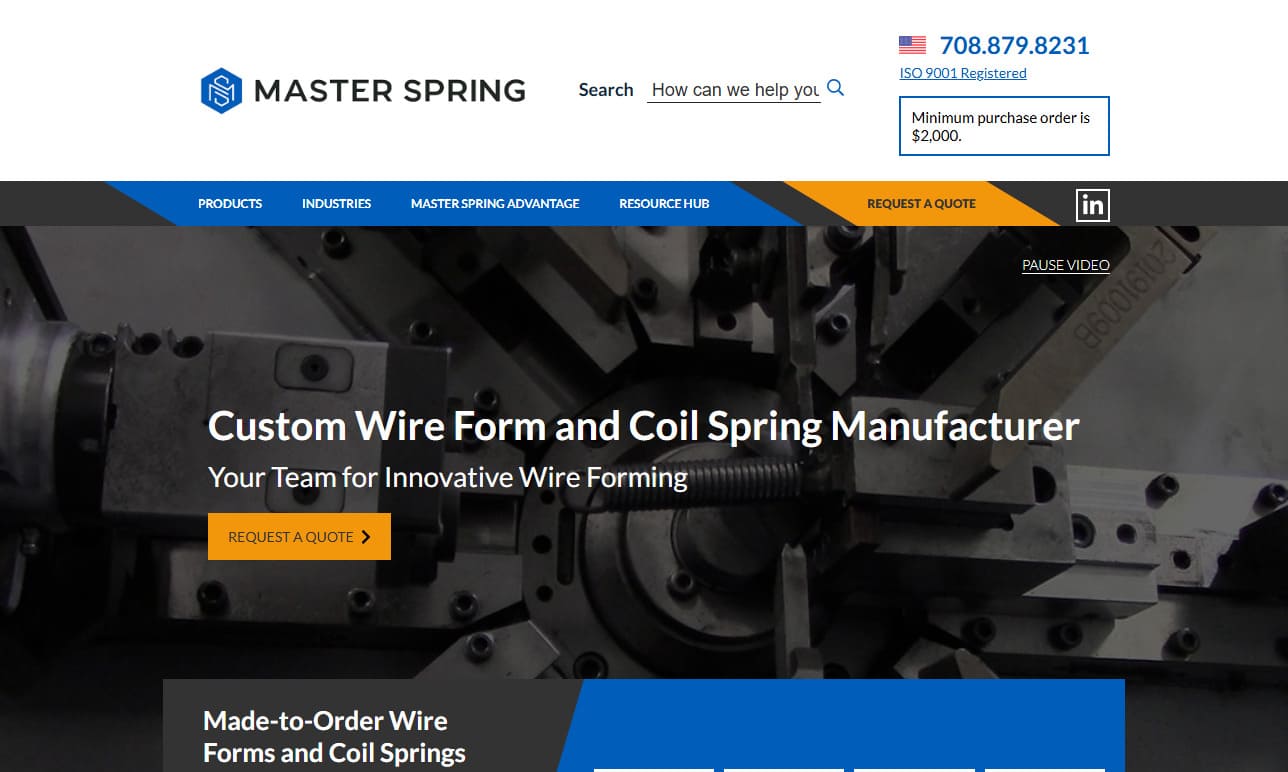
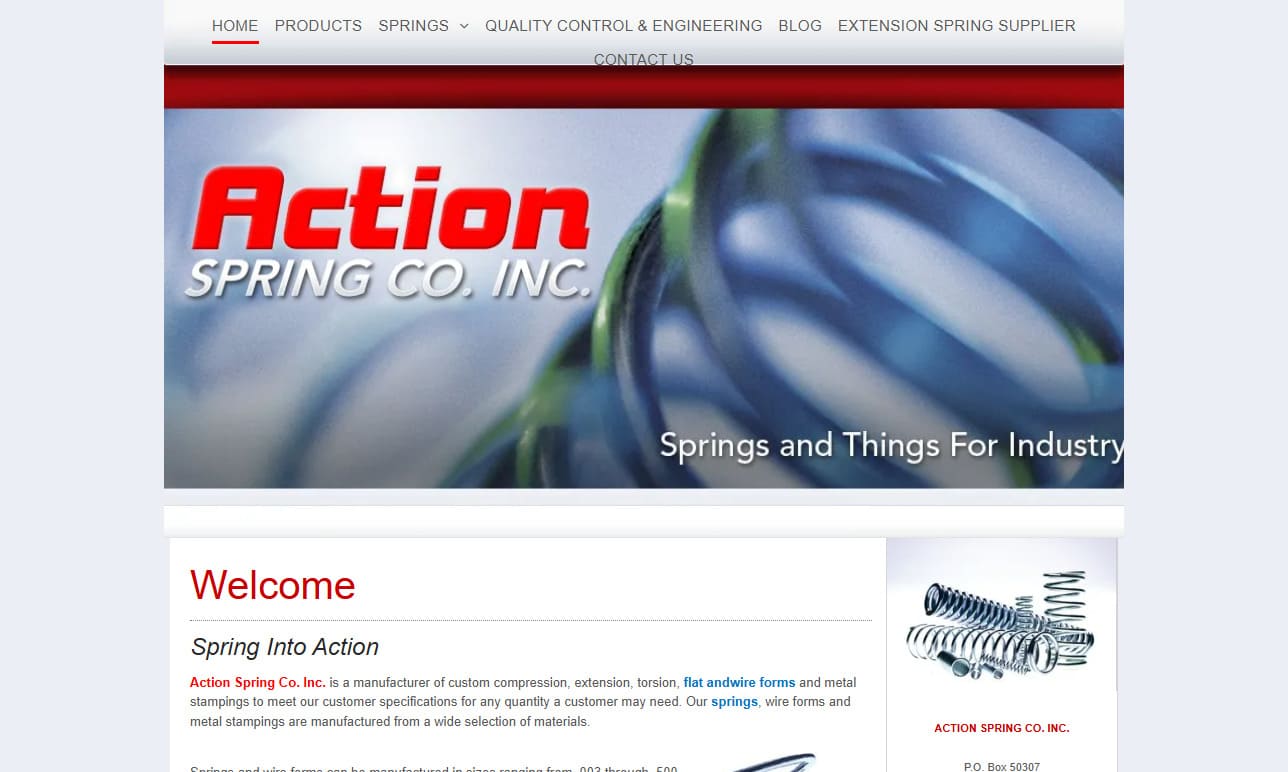
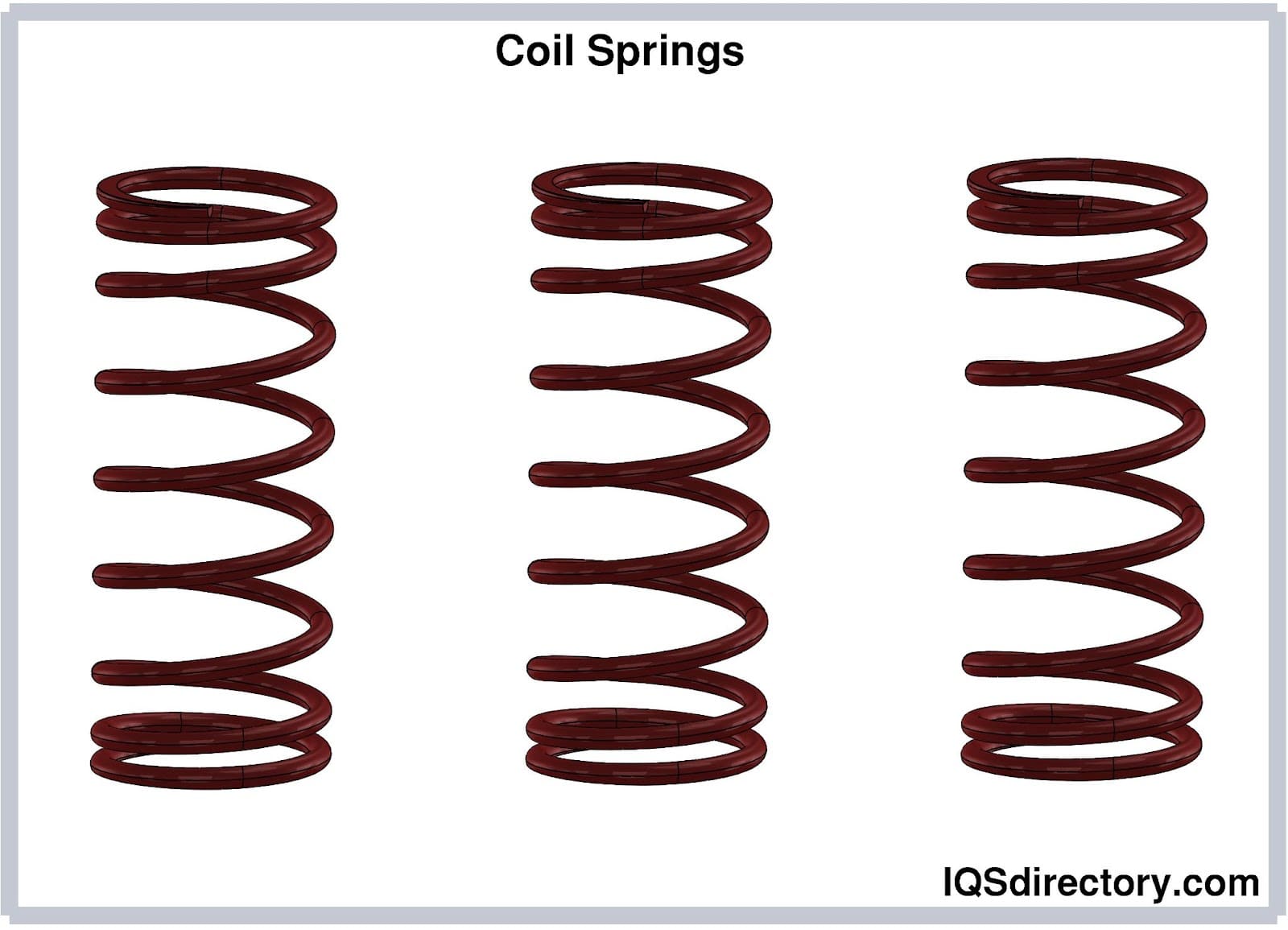
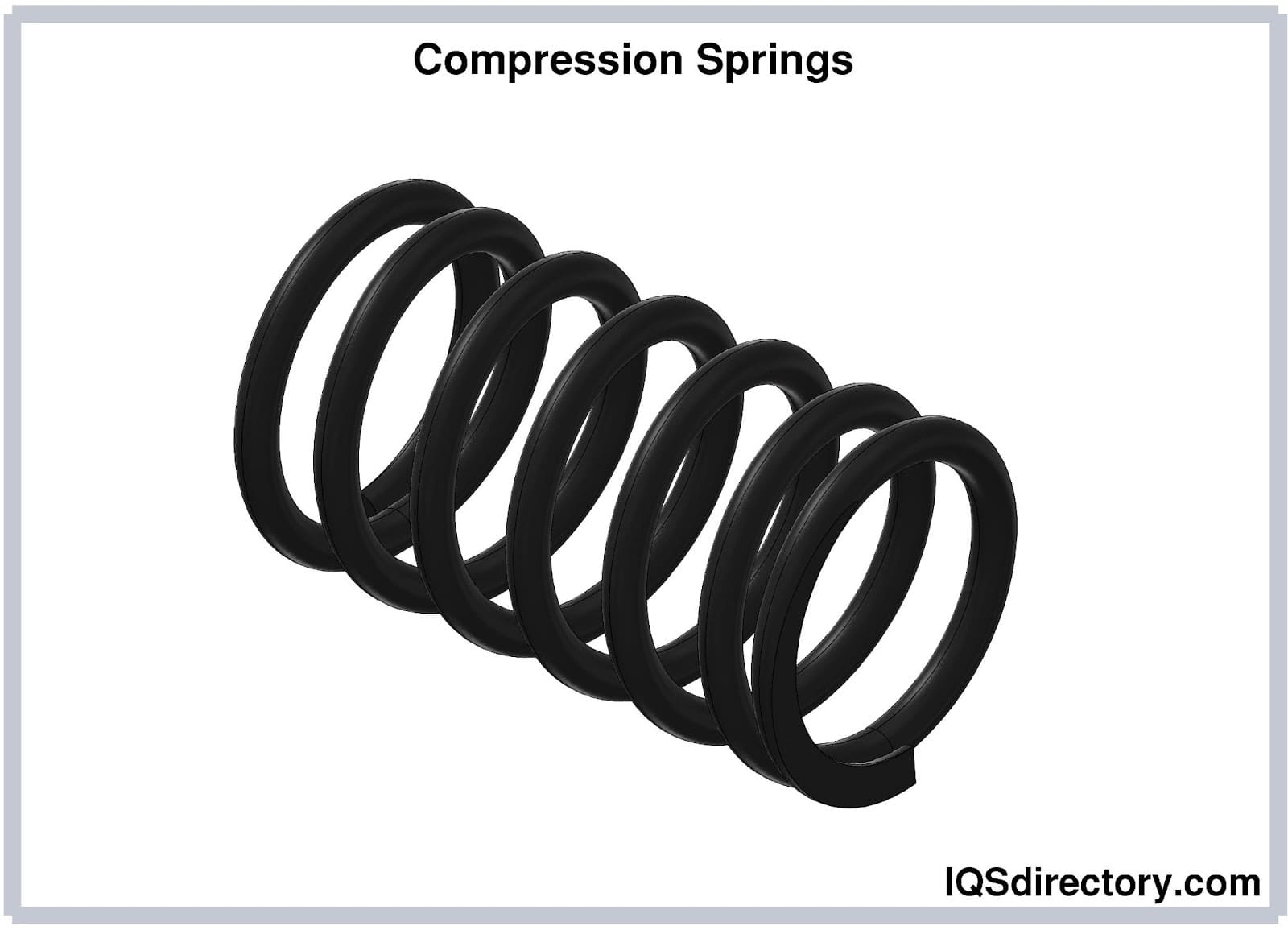
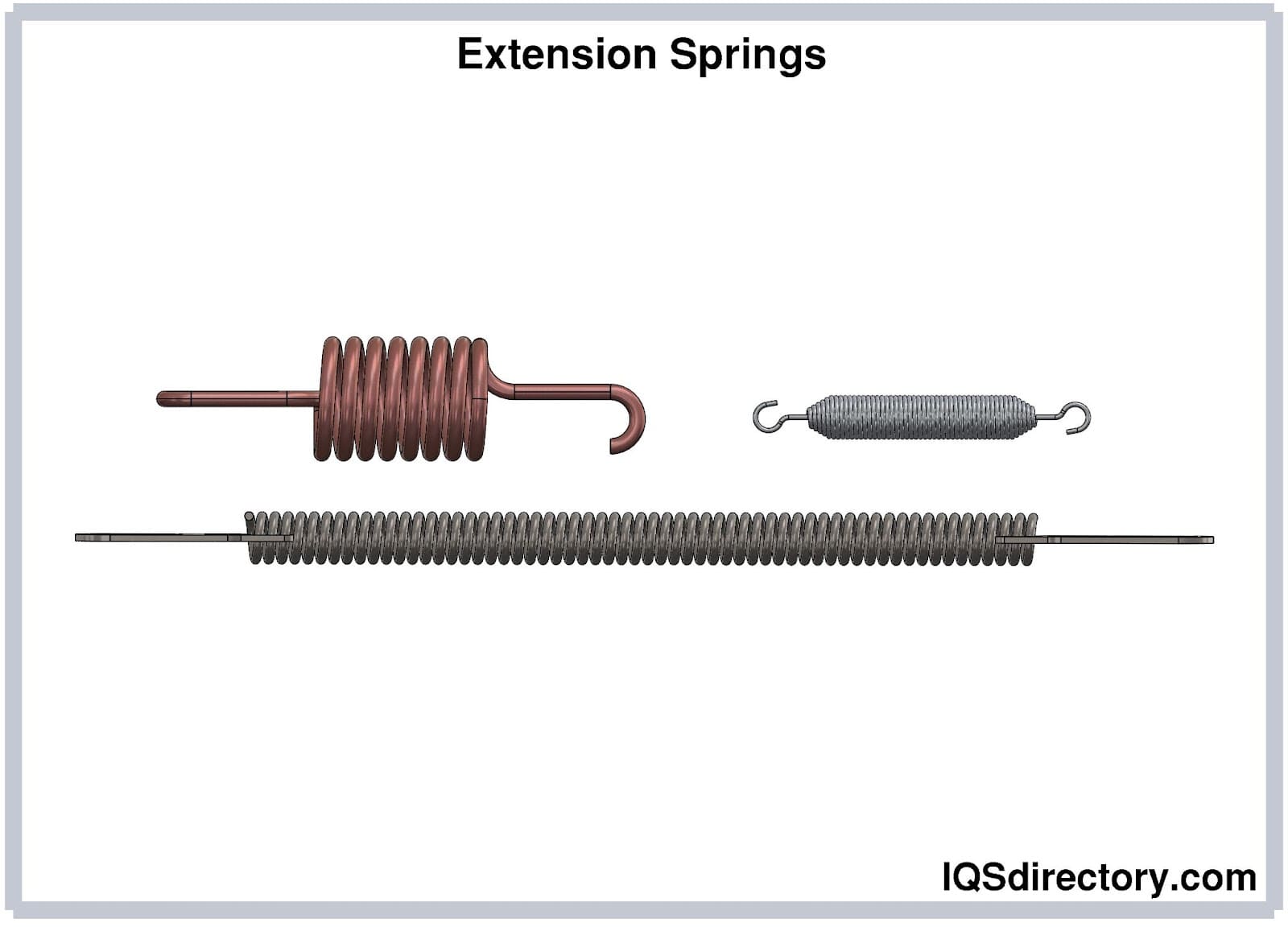
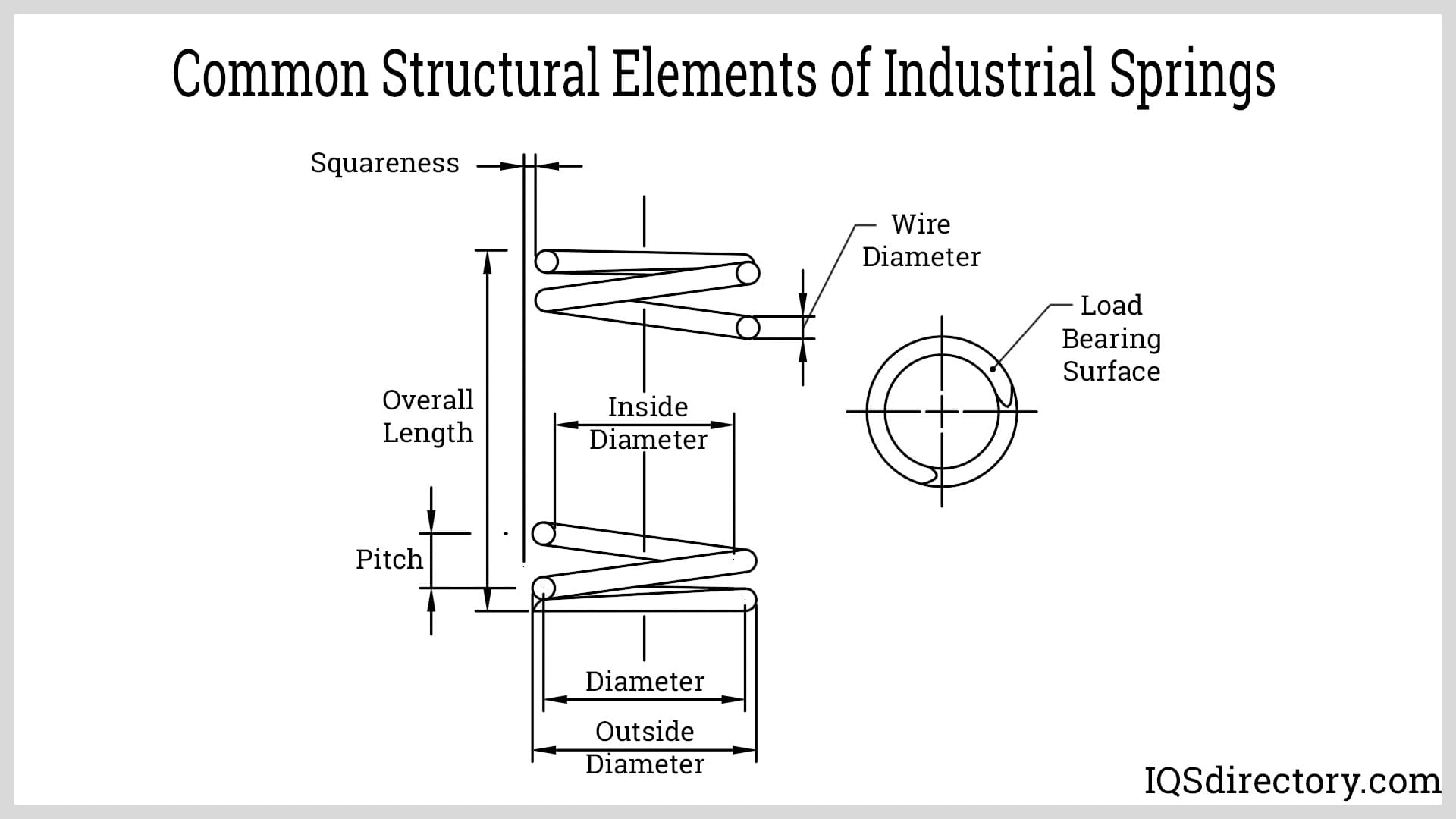
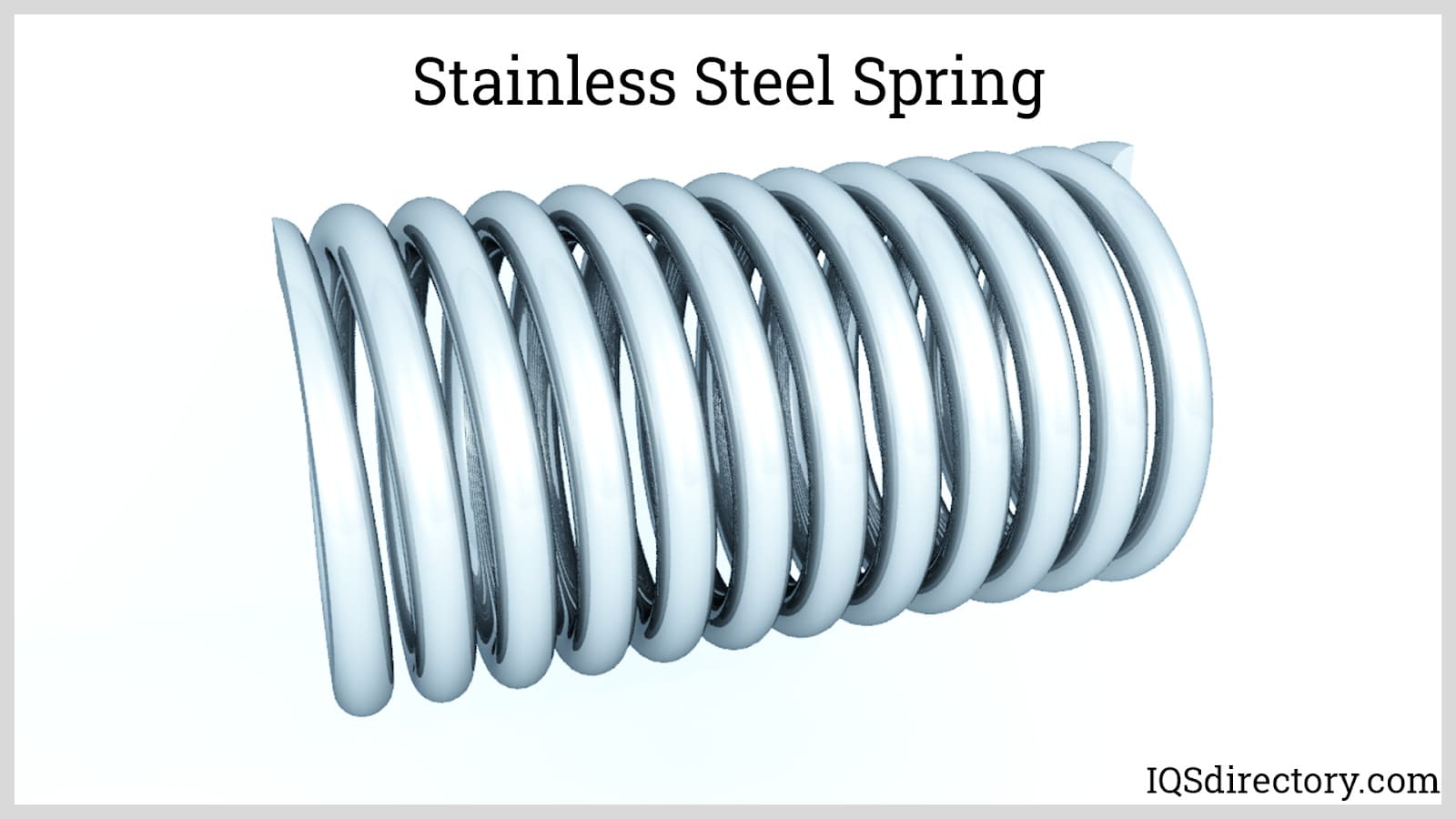
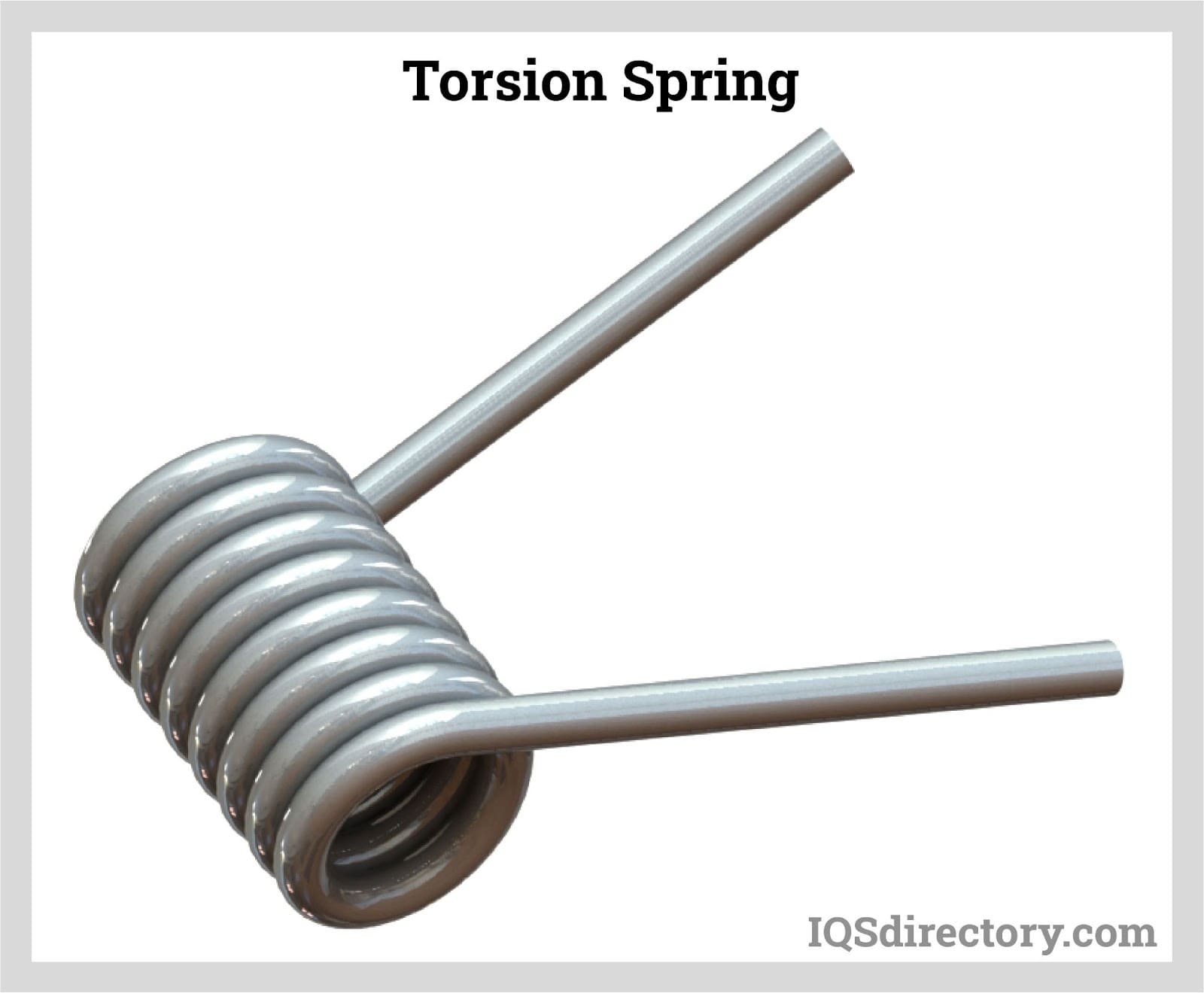
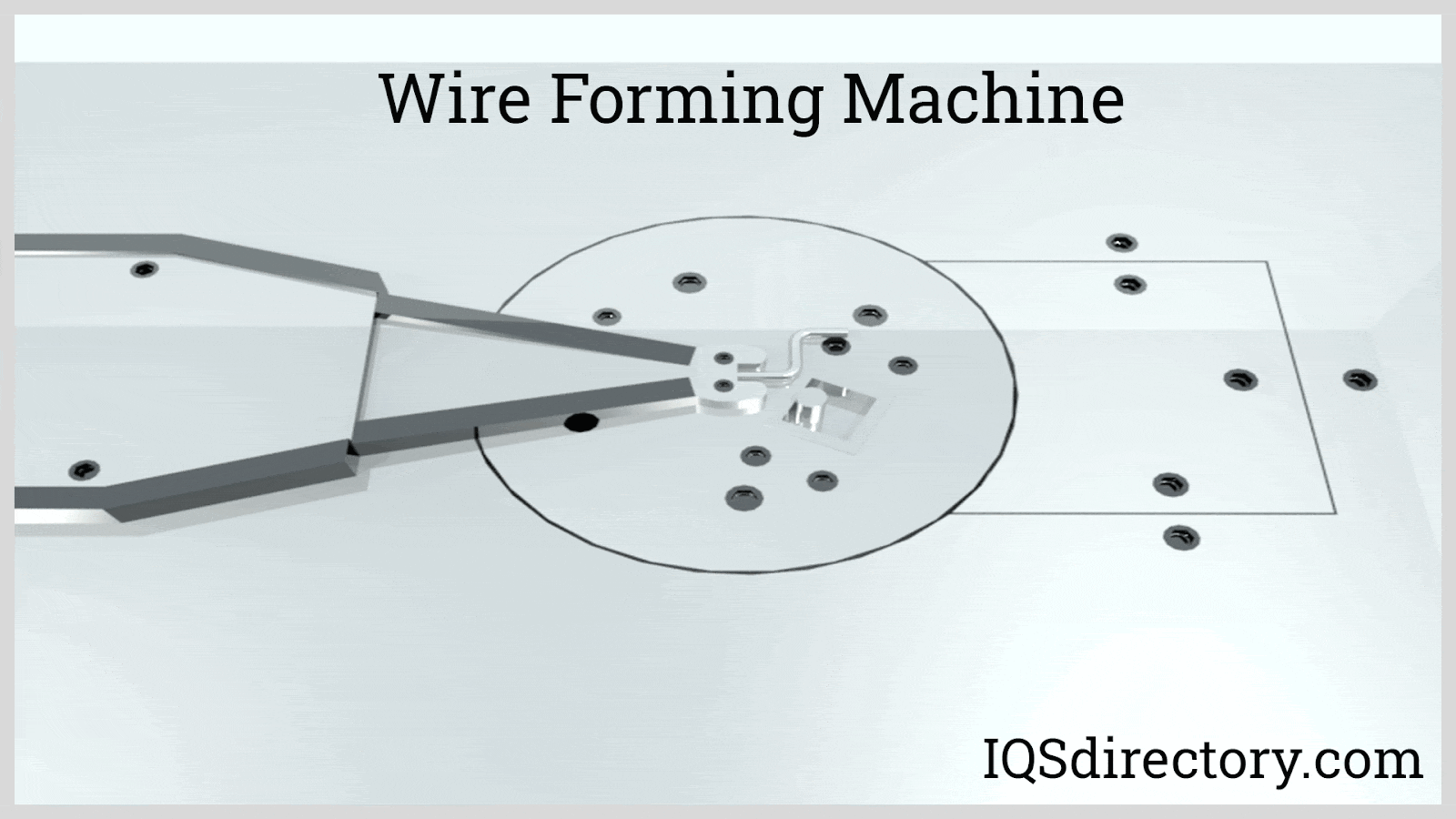
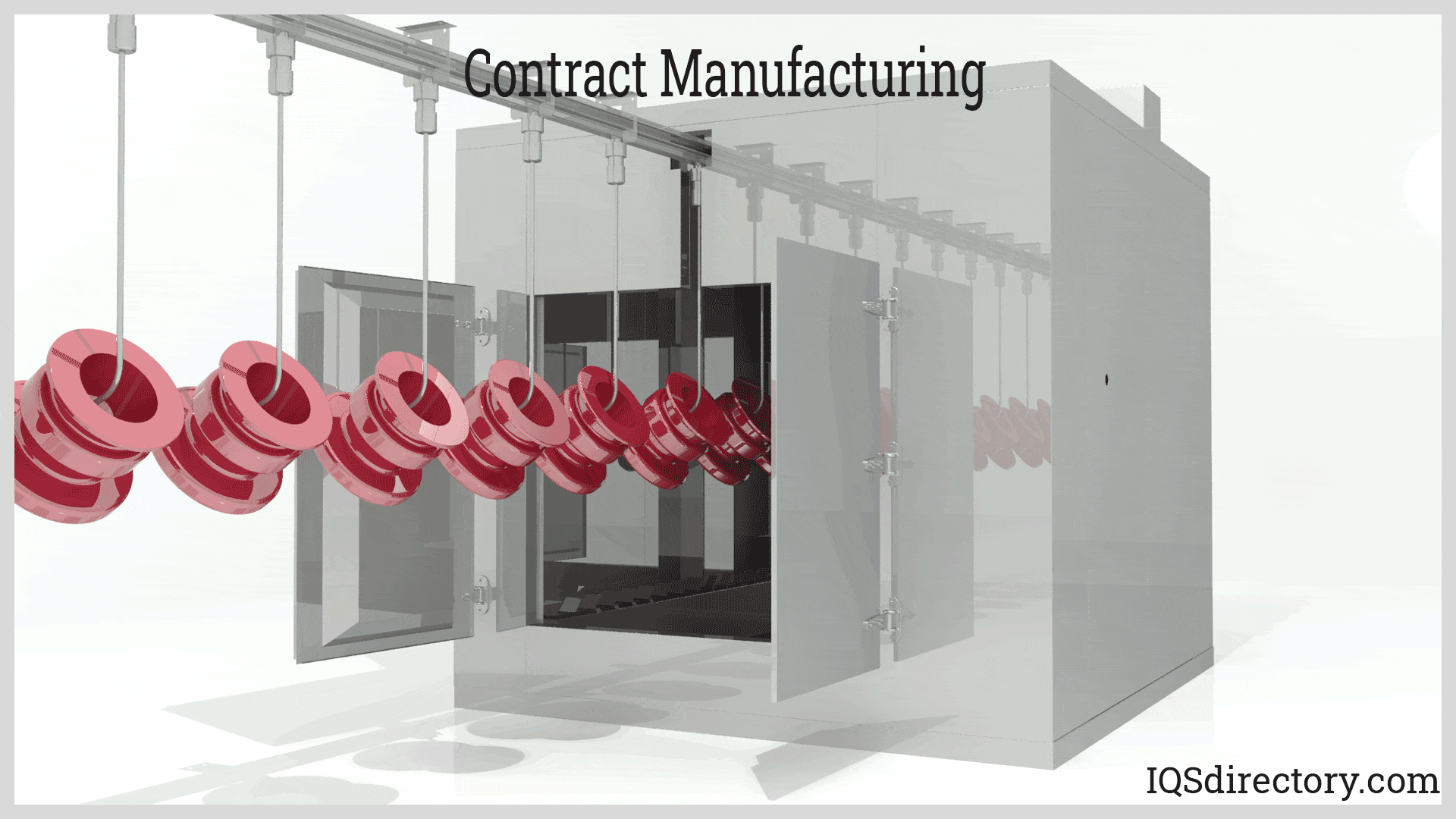
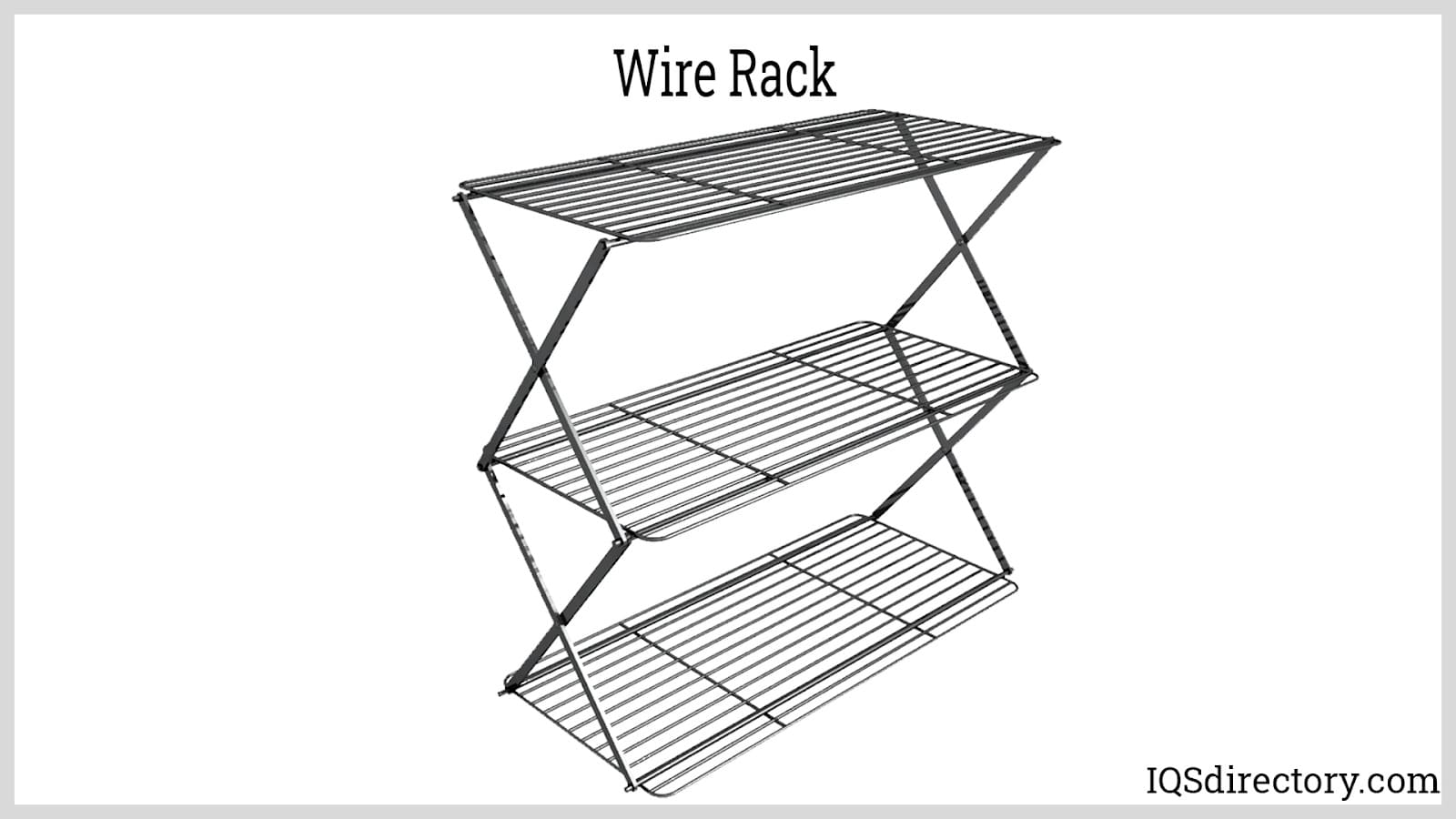
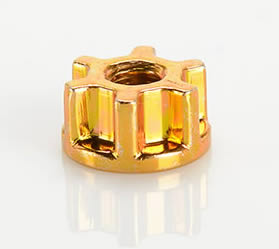 Cold Headed Parts
Cold Headed Parts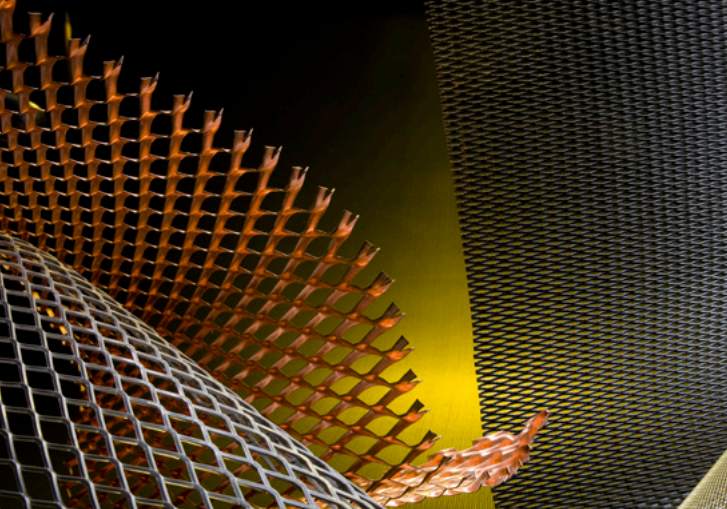 Expanded Metals
Expanded Metals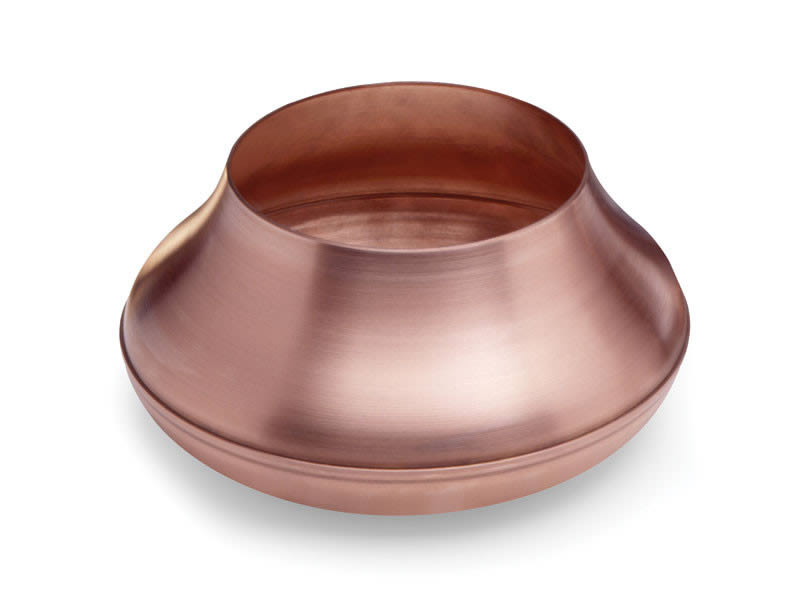 Metal Spinning
Metal Spinning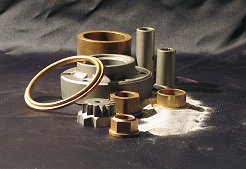 Powdered Metal Parts
Powdered Metal Parts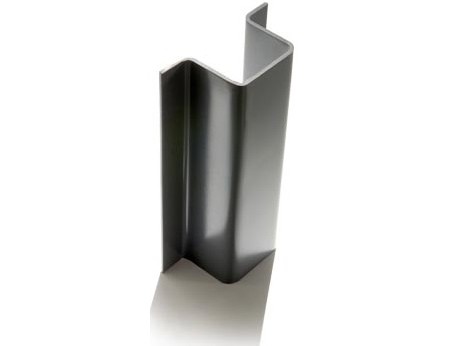 Roll Forming
Roll Forming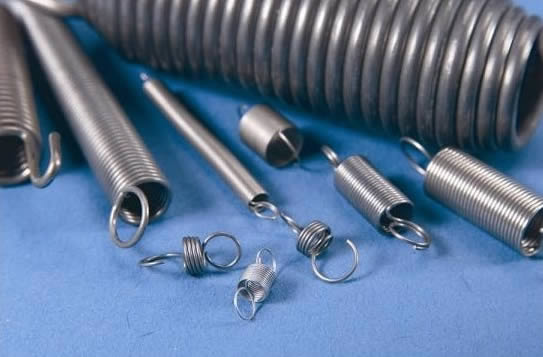 Springs
Springs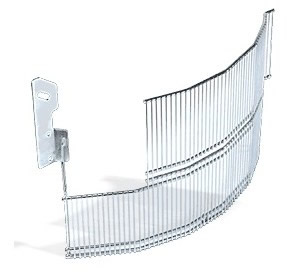 Wire Forms
Wire Forms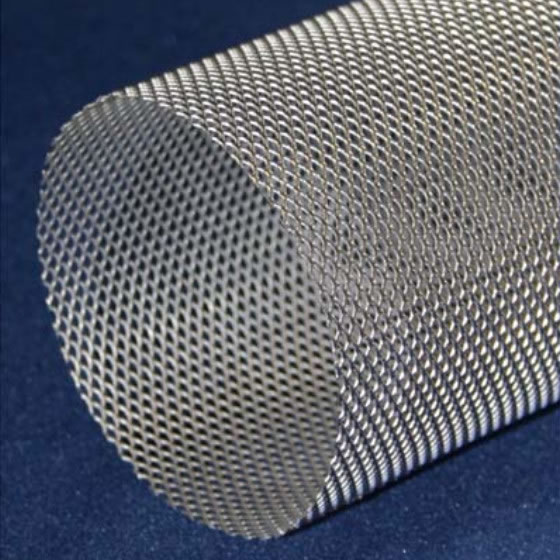 Wire Mesh
Wire Mesh Castings & Forgings
Castings & Forgings Bulk Material Handling
Bulk Material Handling Electrical & Electronic Components
Electrical & Electronic Components Flow Instrumentation
Flow Instrumentation Hardware
Hardware Material Handling Equipment
Material Handling Equipment Metal Cutting Services
Metal Cutting Services Metal Forming Services
Metal Forming Services Metal Suppliers
Metal Suppliers Motion Control Products
Motion Control Products Plant & Facility Equipment
Plant & Facility Equipment Plant & Facility Supplies
Plant & Facility Supplies Plastic Molding Processes
Plastic Molding Processes Pumps & Valves
Pumps & Valves Recycling Equipment
Recycling Equipment Rubber Products & Services
Rubber Products & Services